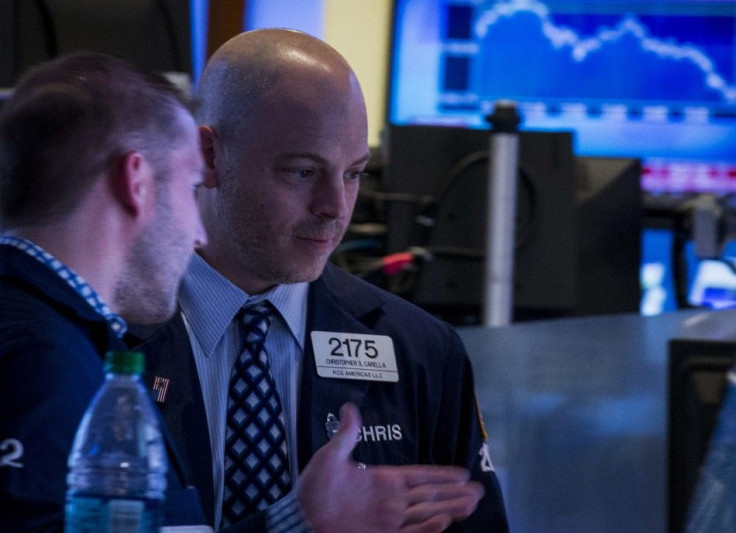22 Companies Launched IPOs Last Week, Led by $3.1 Billion Synchrony IPO

The last week of July was a big week for the U.S. stock market as 22 companies went public. The share launches was led by Synchrony Financial (NYSE: SYF), which is expected to raise $3.1 billion, making it the largest initial public offering (IPO) in 2014.
It would the busiest week since August 2000 when 28 IPOs listed in the U.S., although according to the Wall Street Journal blog, it is 25 not 22 companies that are holding IPOs this week.
The Synchrony IPO eclipses the $2.6 billion that Ally Financial (NYSE: ALLY) raised in April.
Synchrony, a spin-off of manufacturing giant General Electric (NYSE: GE) and its financial arm, will sell 125 million shares at a price range of $23 to $26. The company is valued at $20.4 billion and according to its IPO filing, Synchrony had reported revenue of $10.5 billion in 2013. Its shares will start to trade on the last day of the month, July 31.
Besides Synchrony, other IPOs worth studying are Catalent (NYSE: CTLT) and Mobileye (NYSE: MBLY).
Cetalent, which aims to raise $871 million through the sale of 42.5 million shares between $19 and $22, is a global provider of oral, injectable and respiratory drug delivery technologies.
Mobileye, which targets to raise $500 million with the offer of 27.8 million shares ranging from $17 to $19, is a software and camera-based technologies designer for advanced driver assistance systems, based in Israel.
Other than the three, the others are mostly smaller offerings expected to attract investors in specialized areas such as biotechnology. Fifteen of the companies are raising below $100 million.
Big-time IPOs may appear attractive to new investors because of the size and volume involved, plus in the case of Synchrony, it is linked to a manufacturing giant - GE - which has established itself as producer of quality consumer products ranging from refrigerators to cameras.
Having a parent company like GE would help investors determine if an IPO is worth buying since newly listed companies are trickier to analyze due to the lack of sufficient historical information, according to the website Investopedia.
Another good gauge when studying IPOs is if it is supported by bigger brokerages. But Investopedia cautioned newby investors from IPOs that are pushed by smaller investment banks, which could be willing to underwrite any listed company.
However, whether the brokerage is big or small, still be wary of underwriters who are basically salesmen and often intentionally hype up the IPOs, "often presented as 'once in a lifetime' opportunities."
Of course, for sure, there are stocks that are "cheap bargains" during the IPO, but just after days soar in value, giving the buyer a tidy profit.
These IPO tips, part of the investor education offered by brokerages, stock exchanges, financial experts and online providers like Investopedia, are part of the scientific approach to managing stocks using tools.
Another company offering investor education is InvestView, (OTCQB: INVU), a Red Bank, New Jersey-based company that has made it a mission to make available to the public products that will help individual investors find, analyze, track and manage their portfolio. The company does it through its online education, analysis and application platform that provides analysis, tools, education solutions and an application.
It delivers subscription-based financial education courses delivered through InvestView's web site. InvestView also allows new retail investors to use the portal's subscribed information on a 2-week trial period for $9.95.
But the other side of investing, especially buying during an IPO, is the art side to it, characterized by a combination of gut feel, tips from knowledgeable experts and even luck, especially when unforeseen circumstances take place such as geopolitical events that influence the outcome of the markets.




















